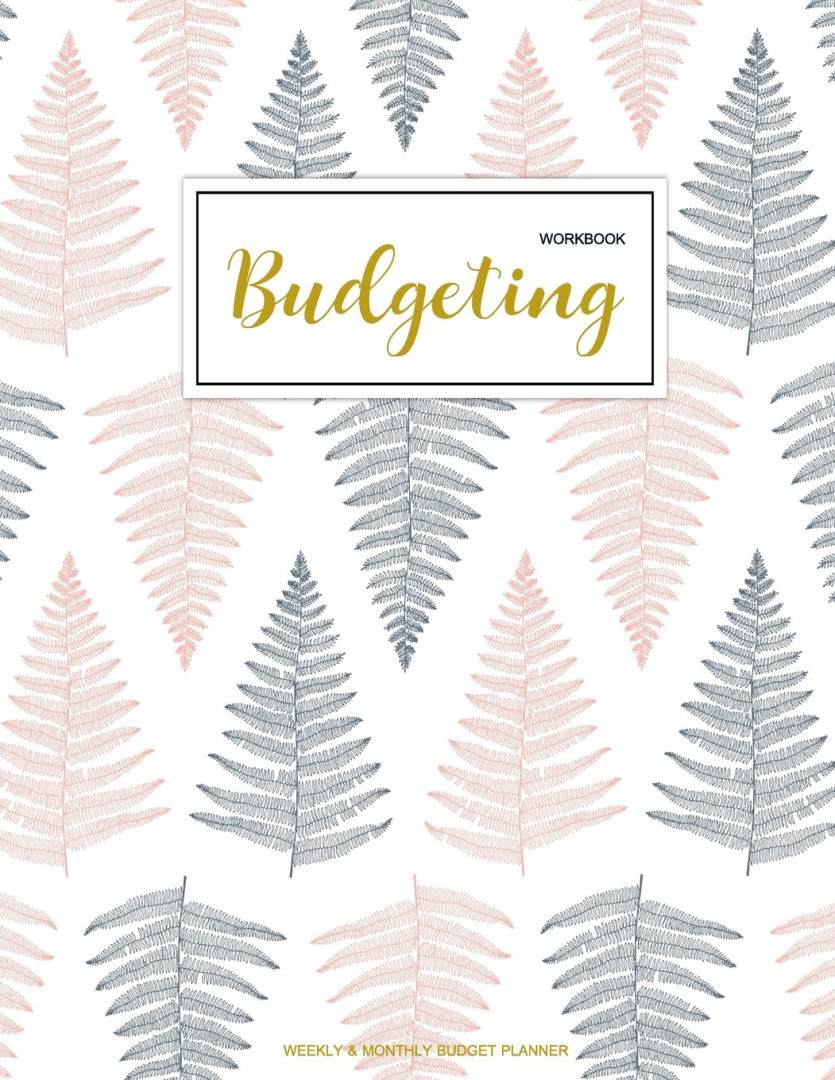
Some impulse buying may seem harmless. For example, one study shows that buying a pack of gum when you go to the grocery store twice a week will lead to an expense of about $100/year. While buying a pack of gum seems harmless, it definitely adds up. One way to avoid this is by writing down your purchases. By physically being able to look at your purchases, one can decide what they can and cannot afford. Another way to avoid impulse buying is buying in bulk. An advantage of buying in bulk is that most of the time, it’s on sale for almost a third of the original price. Buying in bulk also helps in making fewer trips to the store so there will be less temptation to impulse buy. Other ways of avoiding impulse buying include paying with cash, following a mandatory waiting period, and making a list of things you really want or need.
There are a lot of opinions on budgeting. Some financial experts say you should have a budget and stick to and others say that they do not work. I believe you can get out of debt and become wealthy either way, but should you put the time into a budget? Whether you use a budget or not, you are still going to have an idea what you have coming in each month and what you have going out. You are going to have problems if you don’t know. Ignorance to this makes it very easy to spend more than you are making. Many people who have debt can begin to bring it into check just by putting reality on paper. This means putting everything that you own and everything that you are spending in front of you so you can see it. If you feel that a budget is not for you and you have managed to live within your means, it is important that you pay yourself first.
Staying on budget is a struggle faced by many. There is tendency to spend your paycheck on wants more than needs and this may lead to financial problems if left unchecked. Creating a budget is not difficult but adhering to it is the tricky part. A person may have impressive budgeting plans but it does not mean much if he/she fails to adhere to it. Individuals and families have to establish a healthy spending pattern to be able to save and accumulate wealth. Sticking to a budget prevents mismanagement of resources and maximizes wealth in the long run. There is tremendous power in having financial discipline and consistency. Therefore to address this issue, there are various tips on budgeting available for your reference. To establish a sound budgeting plan, you will need to first determine the income you have and work to create a weekly, monthly or yearly expenditure outlook. Be realistic. Identify the areas where your money goes to.
The very best budgets also set aside some money that you put into a savings account to reward yourself with something fun. If anything is too expensive to fit in your normal set aside amount, just save money for each of the specific items you want and get them. But as a young adult, you should save an amount, however small, just for the future and your responsible budget must now include monies set aside for unexpected emergencies such as car repairs. If you don’t use the emergency funds, that’s just more savings you have for the future. With any budget, it is vital to set a standard day in a week, a month and in the school term to record the expenses, account for the income and ‘do the math.’ Take that time to look at your checkbook, bank statements, wadded up receipts in your pocket or your desk drawers, record everything on your budgeting worksheet and assess how you are doing regarding your financial priorities.
Talk about no-brainers: If you don’t have a job, you had better be extremely careful about how you spend what little money you have. Interestingly (and tragically) enough, a lot of unemployed people do not understand this until it is too late. They end up on the streets or broke — or at least sweating those situations. This can’t be stressed enough: If you are unemployed, set up and stick to a budget from Day One! I don’t care if the maximum unemployment insurance payment in your state is $1,000 a week and you got a sweet severance package on top of it. Unless your spouse is very rich and very patient, you need to protect yourself financially, and the best way to do that is to set up and stick to a budget. How do you do this?
